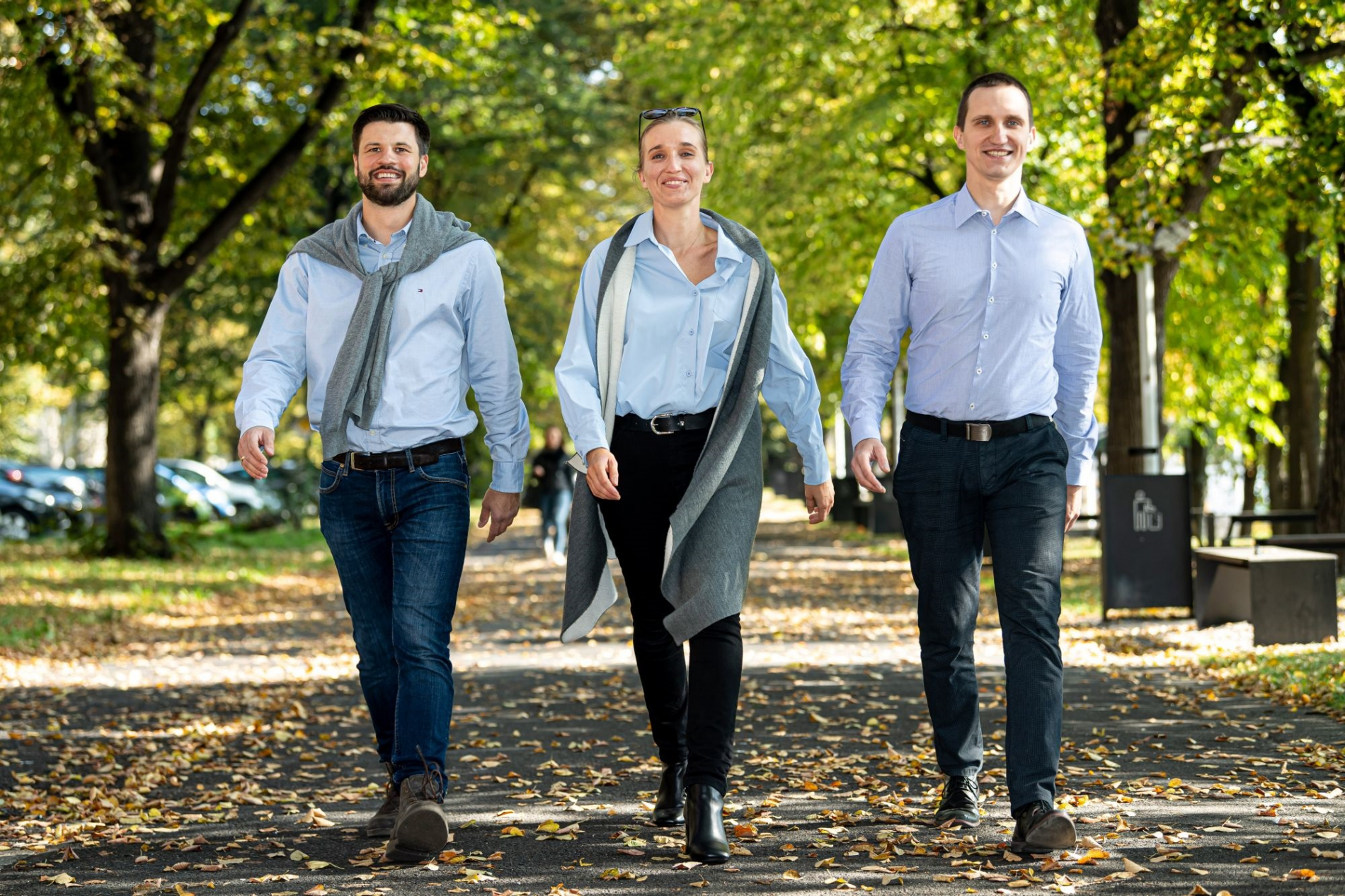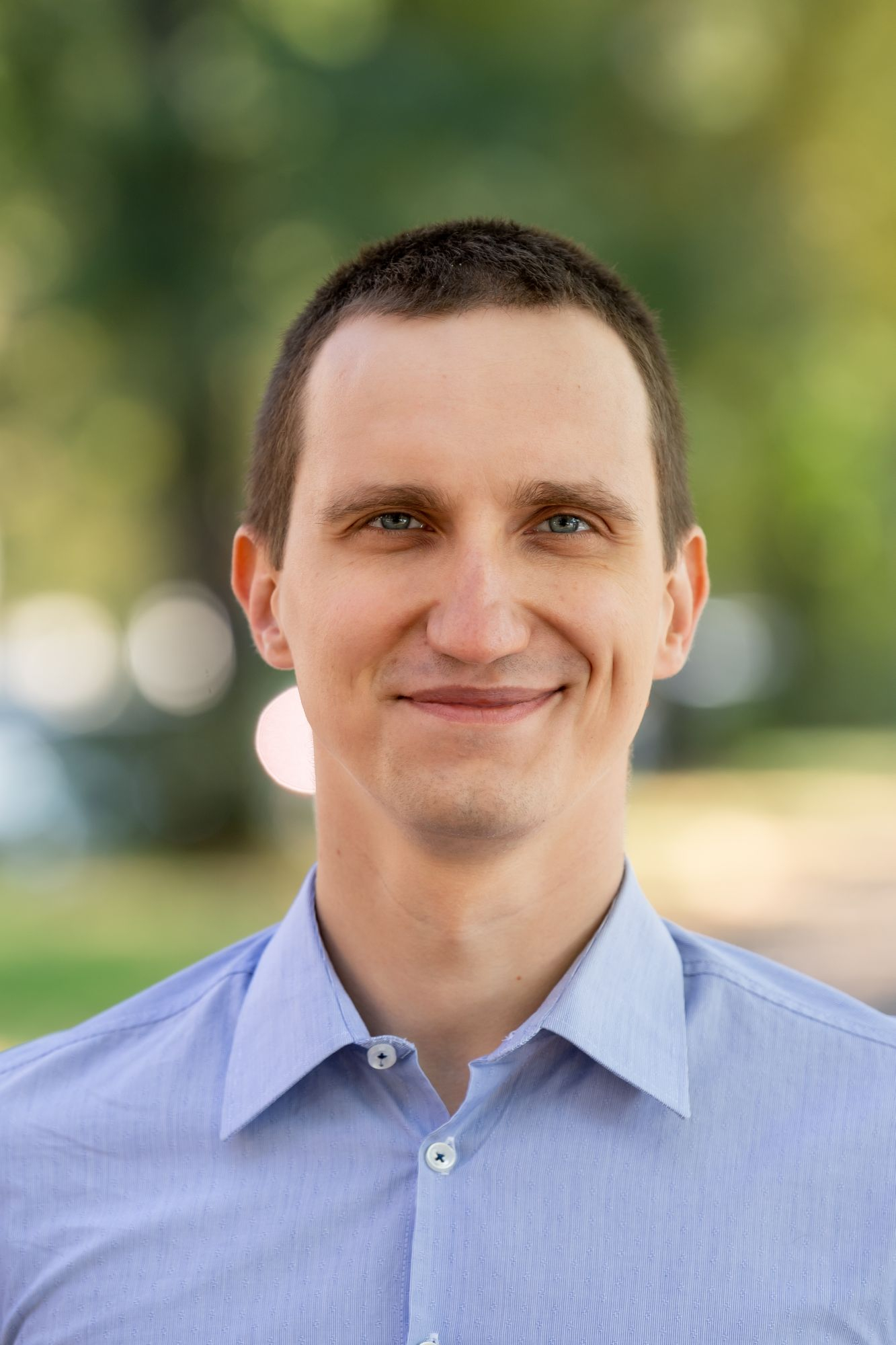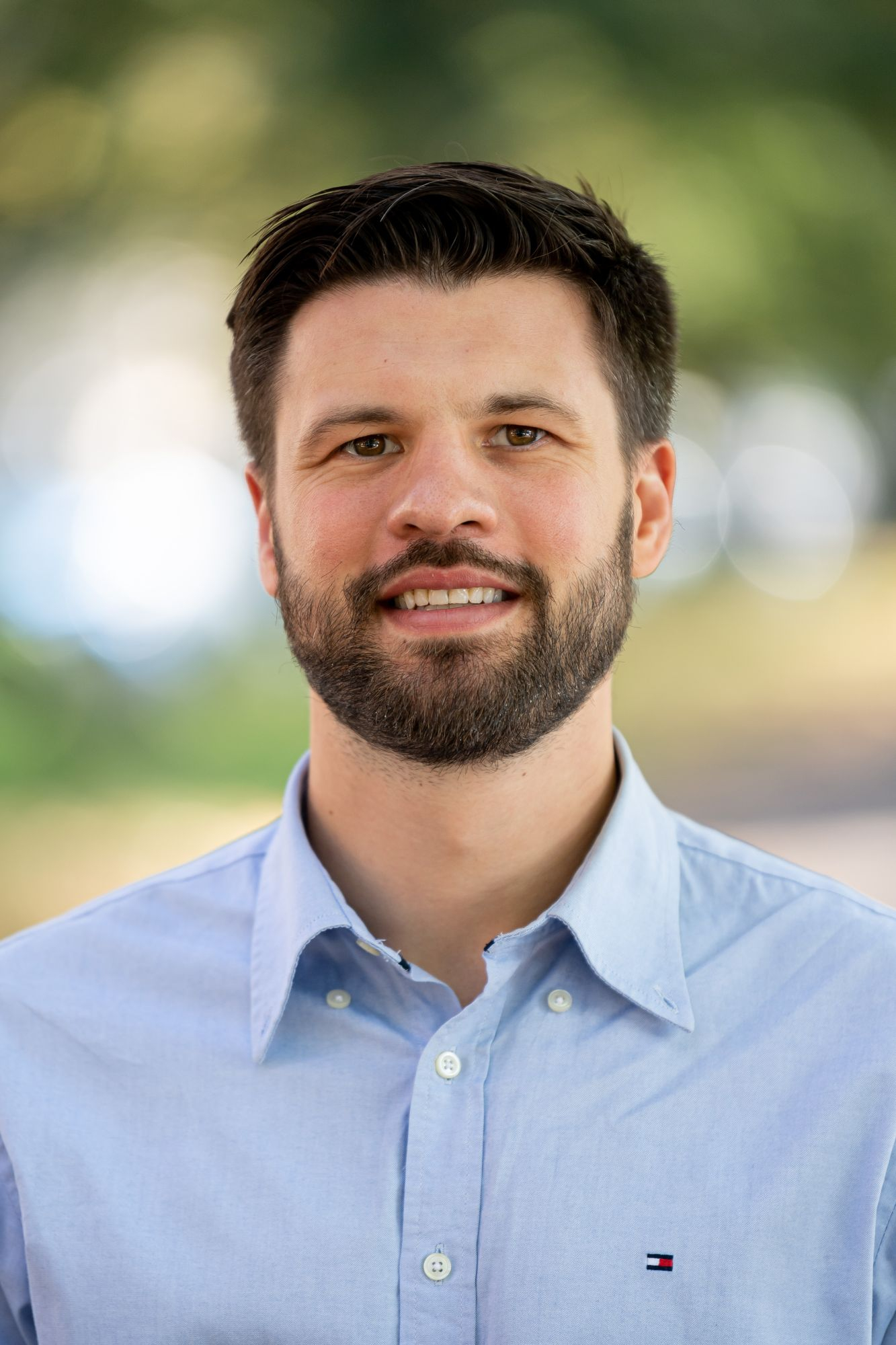YOUR BROWSER IS OUT-OF-DATE.
We have detected that you are using an outdated browser. Our service may not work properly for you. We recommend upgrading or switching to another browser.
Date: 14.10.2021 Category: general news
Marta Rusnak, PhD, Eng, Arch. Andrzej Butarewicz, PhD, Eng. and Sławomir Czarnecki, PhD, Eng. have been elected members of the Executive Committee of Academia Iuvenum to supervise the work of an elite group of young scientists for a year to come.
Academia Iuvenum (AI) is another programme – alongside Primus, Secundus, Tertius, and Professor Magnus – aiming to create a new system of excellence at our university. Academia’s first composition comprises 24 young scientists under 35 years of age and shortly (but at least one year) after defending their PhD programmes, representatives of our university’s all scientific disciplines.

The members of the group have been selected based on an assessment of their achievements and their academic plan for the coming years. Academia started on October 1, comprising representatives from our university’s twelve faculties led by a three-member Executive Committee: Marta Rusnak, PhD, Eng, Arch. from the Faculty of Architecture (Chairperson), Andrzej Żak, PhD, Eng. from the Faculty of Mechanical Engineering (Vice-Chairperson), and Sławomir Czarnecki, PhD, Eng. from the Faculty of Civil Engineering (Secretary).
– We’re aware that we’re blazing a trail, as Academia Iuvenum is a new body at Wrocław Tech. We want to make it clear straight away that we treat each other as equals in this team. Our role as the Executive Committee is mainly to organise the work. We’ll all take part in setting the course of action – says Marta Rusnak, PhD.
The researcher adds that the task ahead is to identify each AI member’s needs and build a community.
According to the idea of the initiator of Academia, the Rector of Wrocław Tech Prof. Arkadiusz Wójs, it is intended to be a place for the exchange of scientific ideas as well as a school for leaders.
– It’ll surely be easier for this exchange to take place when we know each other well. So, on the one hand, we focus on training, improving our skills in different areas, and on the other, getting to know each other's character and building relationships. We know from experience that it helps form research teams, especially interdisciplinary ones – believes Andrzej Żak, PhD.
Sławomir Czarnecki, PhD. adds that one often perceives reality from the narrow perspective of either an academic discipline or their faculty. – Here we have the opportunity to talk about our experiences and see what certain issues look like in other people’s experience – says the AI Secretary.
AI activities are to be based on regular meetings where the scientists will talk about their research and projects. Training tailored to the expectations of young researchers is to be an important issue, too.
– Most of the needs related to the pursuit of scientific excellence are common to us, regardless of our field of expertise. What I mean is, for example, how to apply for grants, write papers for specific journals, give public speeches, or present graphic content perfectly. That’s why we want to have training in these issues and achieve the best possible results – says Marta Rusnak, PhD.
They are already planning workshops dedicated to applying for funding under the Horizon Europe and European Research Council projects. – These are the most demanding projects for young and more experienced scientists alike, so it’s important to prepare properly for such competitions. Experts will tell us how to do it effectively – announces Andrzej Żak, PhD.
 The researchers are also planning certified management training and public speaking workshops. – We know how important it is to present research results attractively in different environments. Popularisation of science is, after all, also our mission – says Sławomir Czarnecki, PhD.
The researchers are also planning certified management training and public speaking workshops. – We know how important it is to present research results attractively in different environments. Popularisation of science is, after all, also our mission – says Sławomir Czarnecki, PhD.
Academia members also intend to become involved in the day-to-day activities of the university. Their task will be to provide opinions on documents of relevance to the University or to participate in the work of teams responsible for drawing up such materials. The researchers, who will also support various initiatives, such as the “Green Transformation of the University”, emphasise that they are far from being short of ideas:
– Our strength is diversity. We have complementary perspectives on many issues. This gives rise to solutions that none of us would come up with individually. The rapid exchange of views provides us with amazing opportunities – points out Andrzej Żak, PhD.
The Academia Iuvenum membership will eventually be 48-strong. Another 24 representatives will be elected each year for a term of two academic years. – Thanks to such an exchange, we have an opportunity to ensure continuity of the activities initiated earlier – emphasises Marta Rusnak, PhD.
Our site uses cookies. By continuing to browse the site you agree to our use of cookies in accordance with current browser settings. You can change at any time.